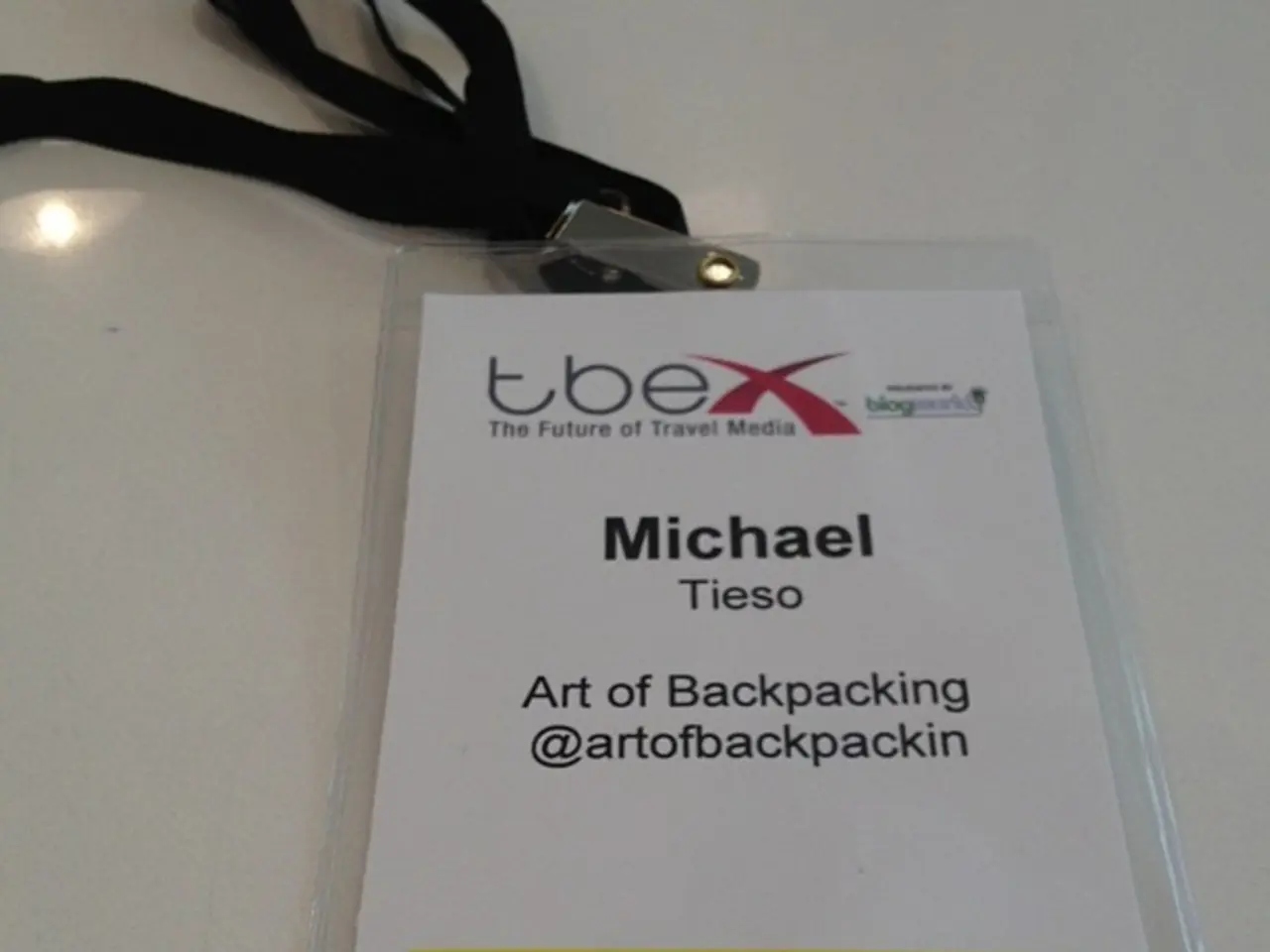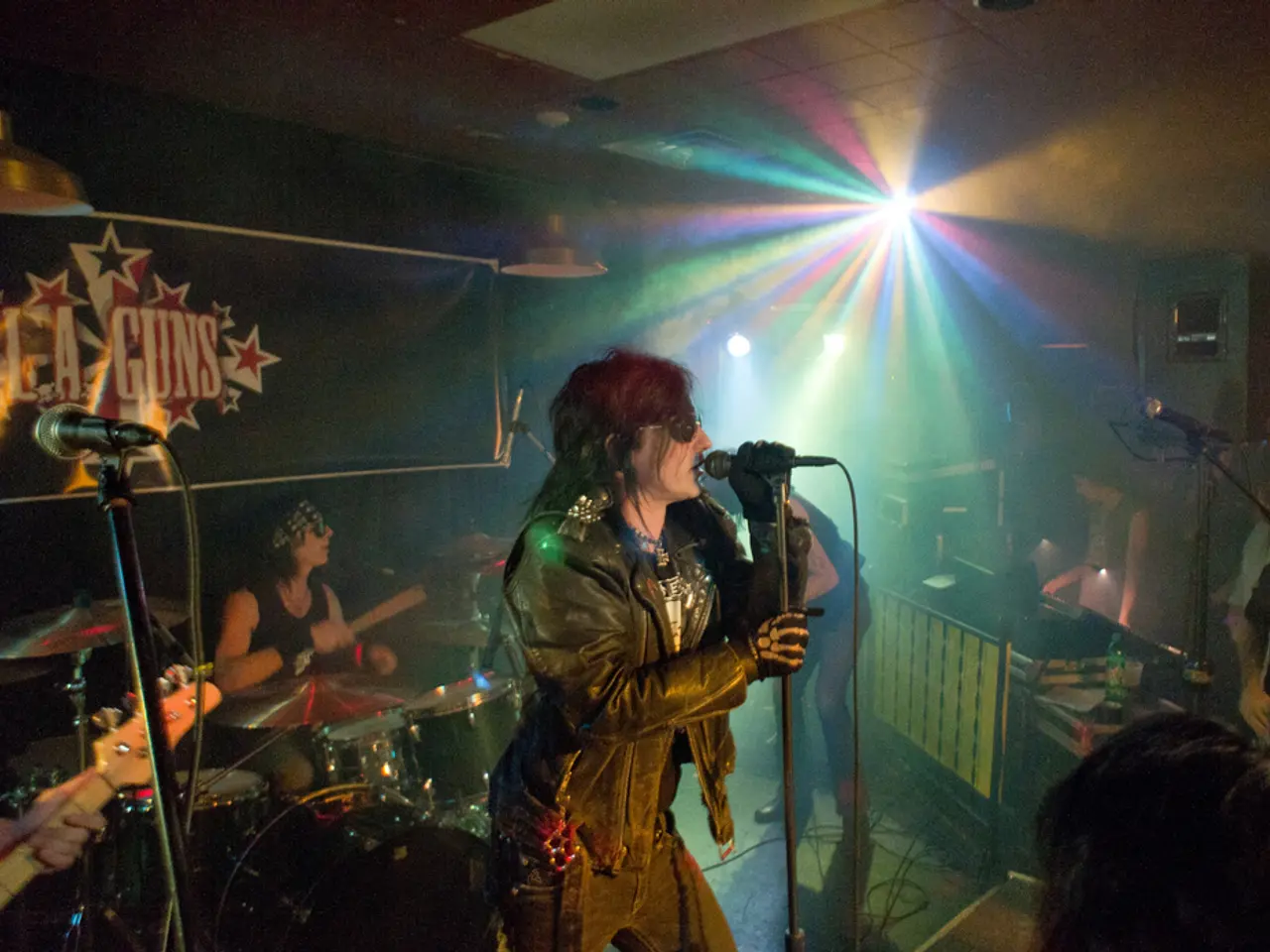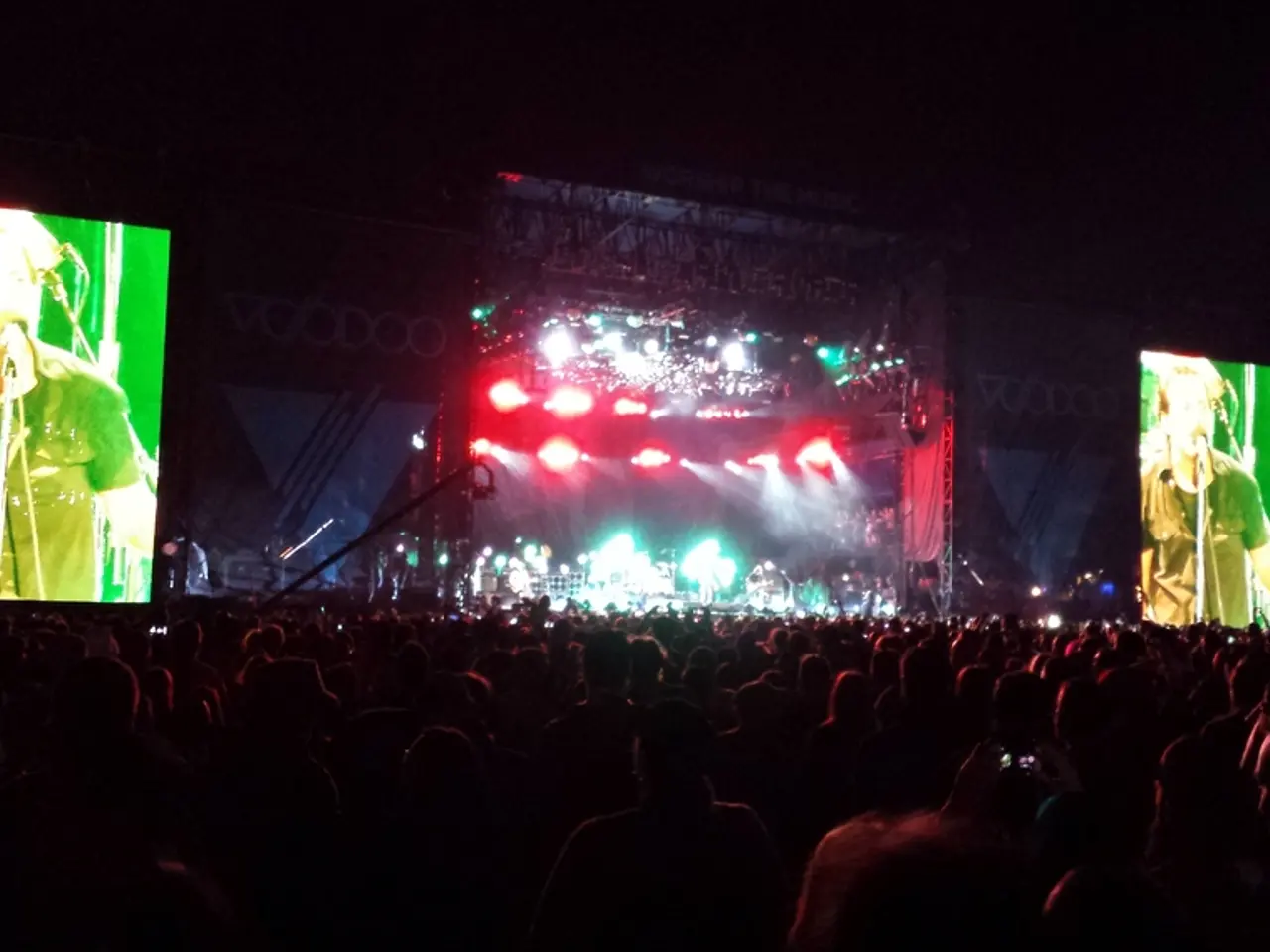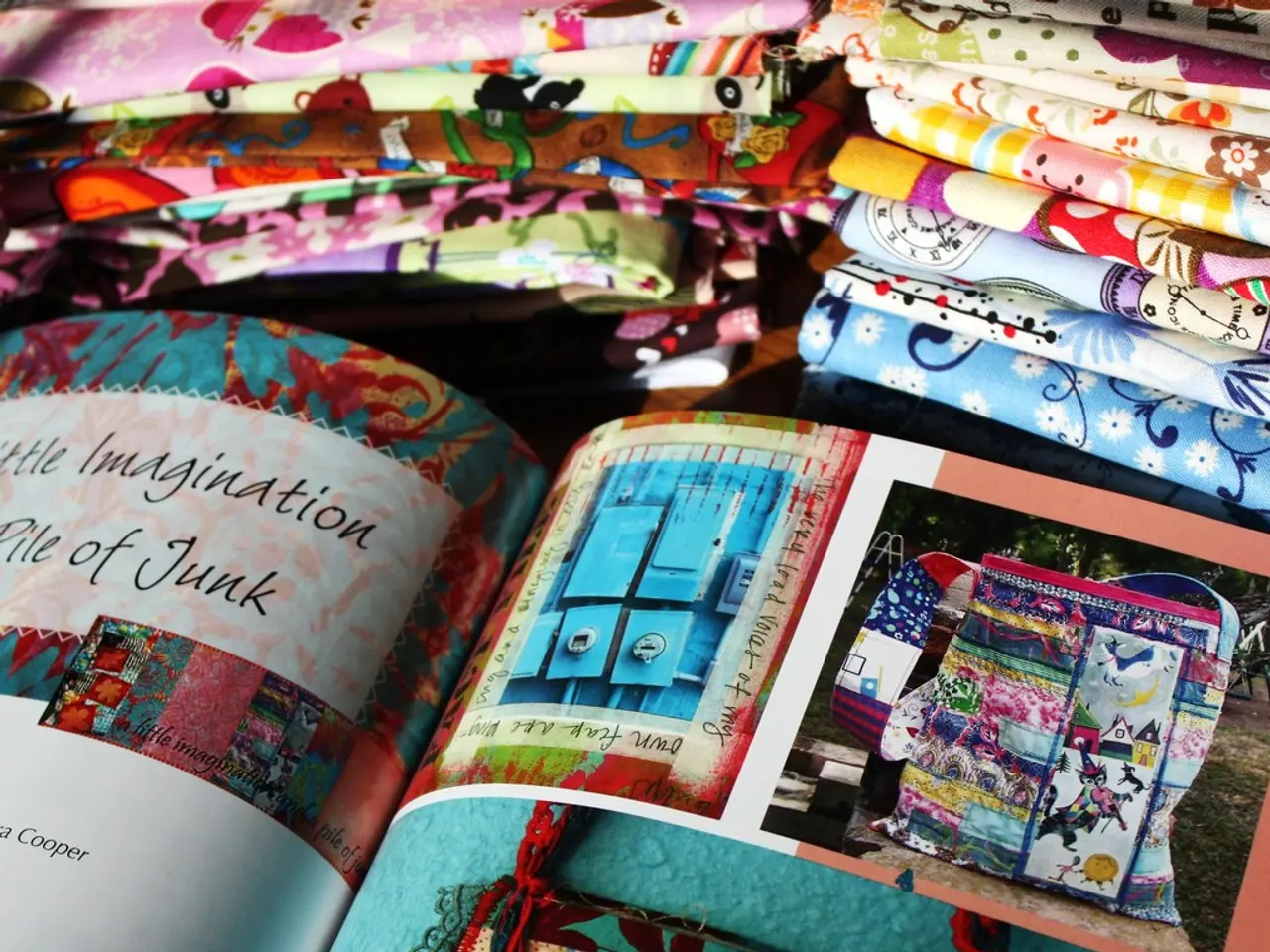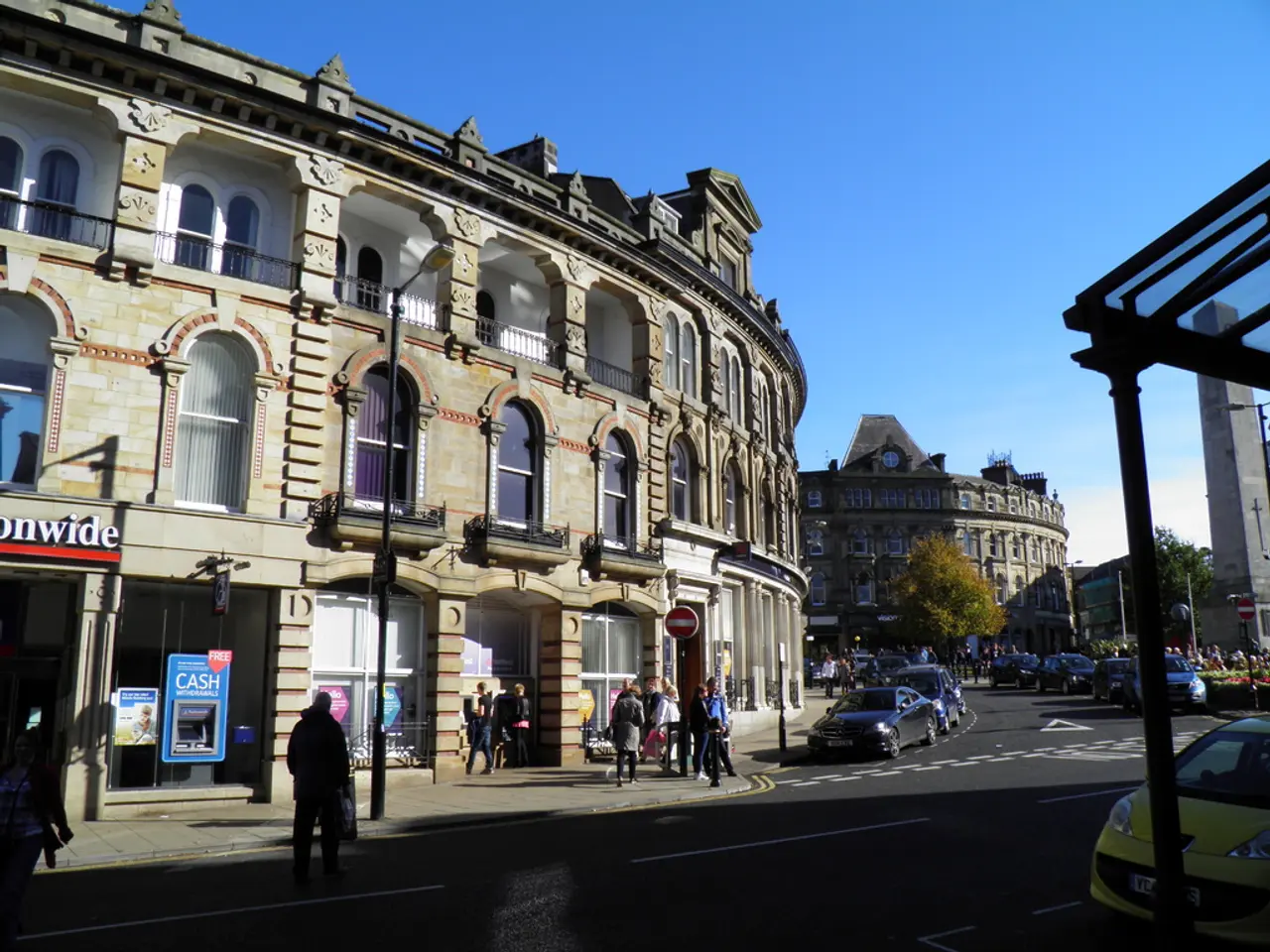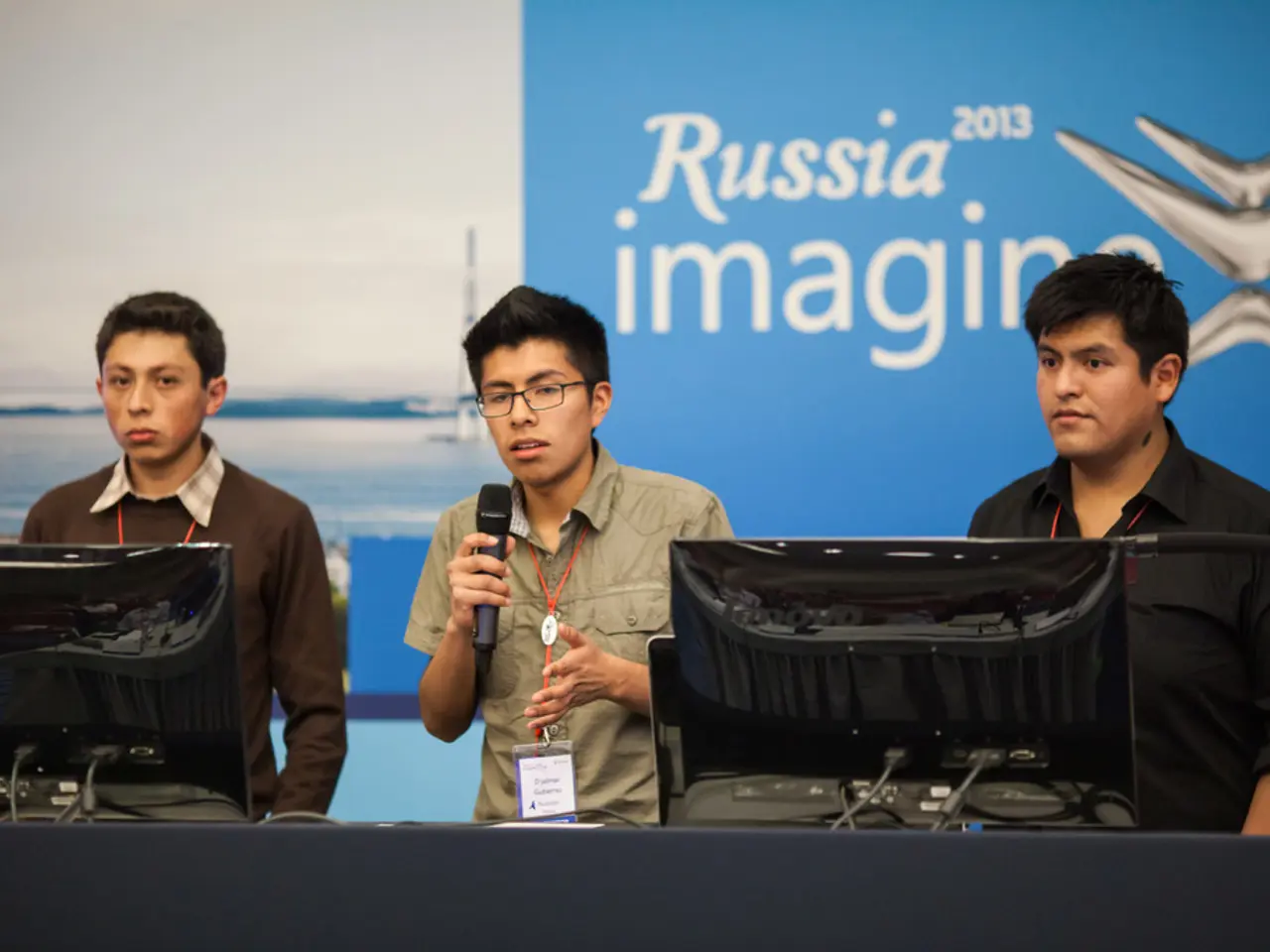Examining the Cinematic History: 'Dark World' Uncovers the Past
=========================================================================
The lost film Dark World, directed by Metin Erksan and written by Bedri Rahmi Eyüboğlu, holds a significant but mostly hidden place in Turkish cinema history. The film is the subject of a recent exhibition at Salt Galata in Istanbul, which sheds light on its production process and censorship, highlighting its cultural and historical importance.
Metin Erksan, the director, is a prominent figure in Turkish cinema, known for critically acclaimed works like Susuz Yaz (Dry Summer), which won the Golden Bear at the Berlin Film Festival in 1964 and brought international recognition to Turkish film. Bedri Rahmi Eyüboğlu, the writer, was a respected poet and artist, adding literary and artistic weight to the collaboration.
Dark World was originally a socially realist portrayal of the life of legendary folk poet Aşık Veysel, blending biographical detail with melodrama. However, the film was censored, and today, the original cut remains lost.
The exhibition, titled "Dark World," invites viewers to explore themes of censorship, authorship, and cultural memory. It frames the film as an object shaped by political and historical forces. Archival documents, video installations, and a script tracing the film's revisions are part of the exhibition.
The censorship rulings led to significant edits that reshaped the film to reflect the state's agricultural modernization agenda. What survives are conflicting versions with discrepancies in sound, image, and editing. A recently discovered 35mm nitrate print adds new material to the puzzle.
The reworked version bears little resemblance to the original vision. The narrative, though vague in directive, was significantly altered due to the censorship rulings issued by the Central Film Control Commission in Ankara between 1952 and 1953.
The film was shot in the village of Sivrialan and the town of Ürgüp in rural Anatolia. The exhibition revisits the 1950s cultural landscape of Turkey by examining the fragmented legacy of Dark World.
The exhibition, "Dark World," is on view at Salt Galata through Dec. 14. The film's loss is a reminder of the complexities of Turkish cinema's history in the mid-20th century. However, through exhibitions and scholarly research, its historical and cultural influence is kept alive, deepening our understanding of the artistic and political challenges faced by filmmakers in Turkey during that era.
Metin Erksan’s broader legacy and his collaboration with notable literary figures like Eyüboğlu amplify the film's importance in Turkey’s cinematic and cultural memory. The film's rediscovery and the investigation into its production help us appreciate the artistic resilience and the negotiation between artistic expression and political authority in Turkish cinema.
References:
- "Metin Erksan." IMDb, IMDb.com, 2021, www.imdb.com/name/nm0001424/
- "The Lost World of Dark World." Hyperallergic, Hyperallergic, 26 Nov. 2021, www.hyperallergic.com/707160/the-lost-world-of-dark-world/
- "Dark World." Salt Galata, Salt Galata, www.saltturuncu.org/en/program/dark-world
- "Dark World." Artforum, Artforum, 29 Nov. 2021, www.artforum.com/reviews/id=102709
Movies-and-TV are significant in understanding the historical and cultural influence of Turkish cinema, as demonstrated by the lost film Dark World. This film, a piece of entertainment that explores themes of censorship, authorship, and cultural memory, offers insights into the artistic and political challenges faced by filmmakers in Turkey during the mid-20th century.


